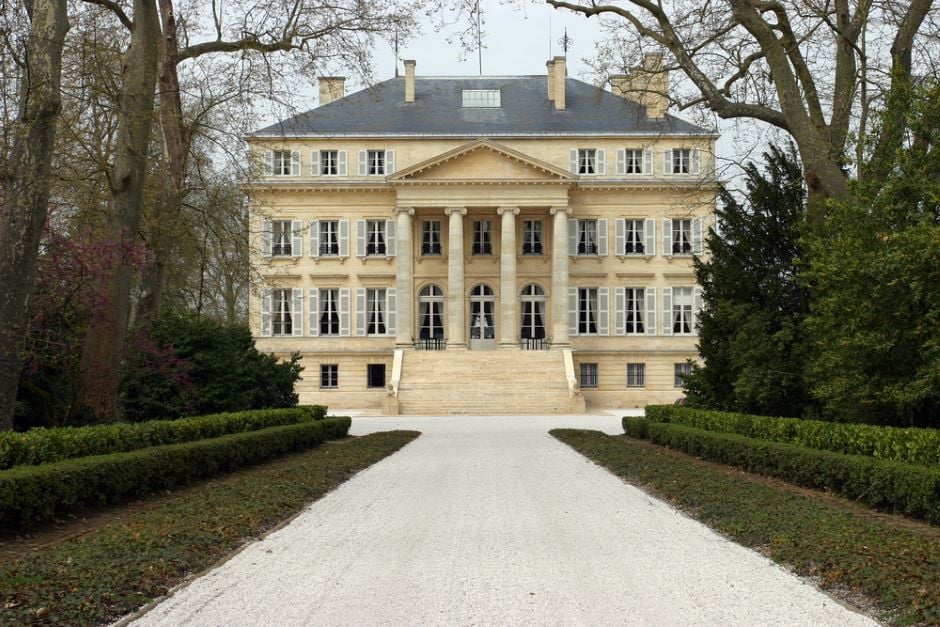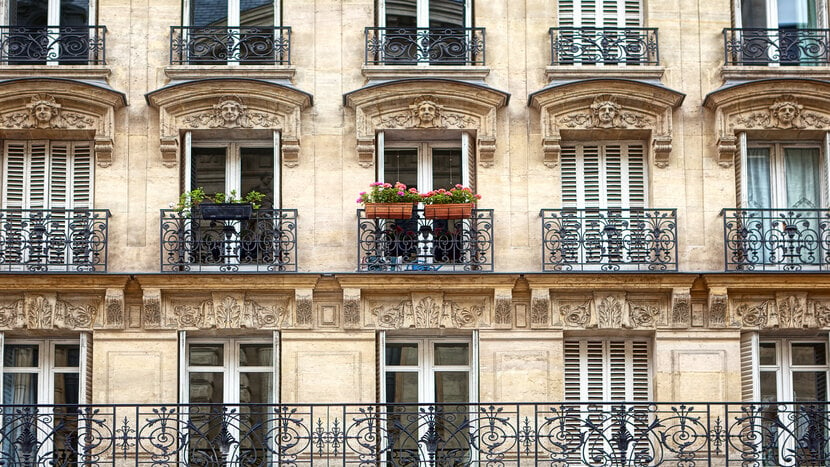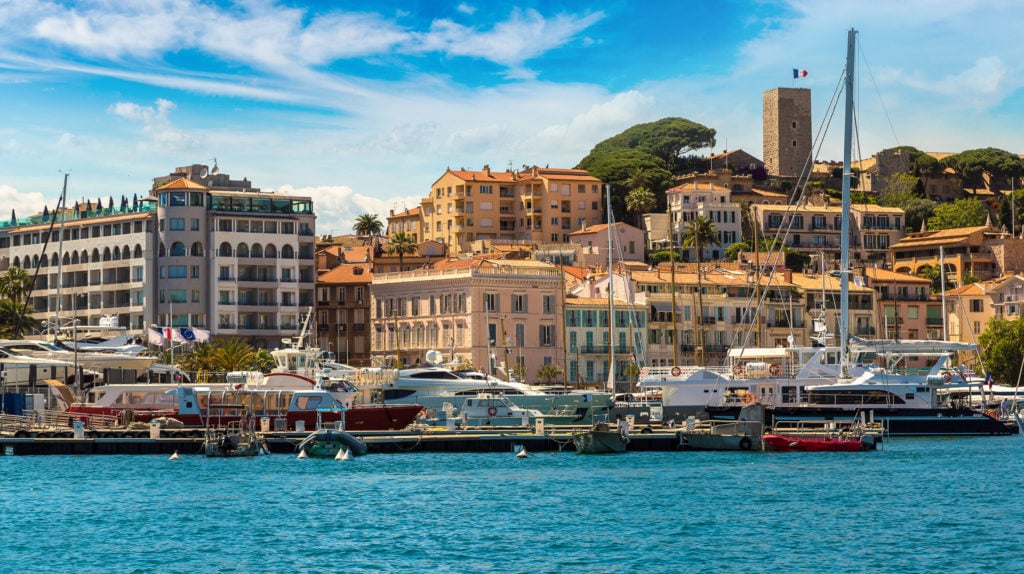With its relaxed café culture, diverse scenery from beaches to ski resorts, and delectable cuisine, it’s little wonder that Brits account for one third of all foreign-owned second homes in France. Quality of life is key in France, with a strong emphasis on work-life balance. The famous 35-hour work week encourages the philosophy of ‘work to live’. The healthcare system in France is ranked number one by the World Health Organisation, providing easy access to medical services at affordable prices, and according to the World Population Review, the French education system is among the top five best in the world. France’s position in the centre of Europe, bordering Spain, Italy, Germany, and Switzerland to name just a few, makes it an excellent gateway for trade and investment across the European bloc.

The most coveted locations for HNW homes
One of the most sought-after locations by overseas buyers is the French Alps. The areas of Lake Geneva and Annecy, as well as ski resorts such as Morzine and Les Gets all fetch significant interest. Many people are keen to buy homes that aren’t far from Geneva, so that needs for both business and pleasure are met. Le Biot is less than 35 miles from Geneva but offers better value than main resorts of Morzine or Les Gets. This market town nestled above the Col du Corbier, is an idyllic spot for a second home.
Once the home of Van Gogh and renowned for its artists and photographers, Arles is an enchanting city which hosts several events such as a leading photography festival, a bullfighting festival and various exhibitions and tours. Positioned on the banks of the Rhône River, the town has a variety of Roman monuments including 8 UNESCO heritage sites dating back as far as the first century.
The French Riviera or Côte d’Azur, with its stunning Mediterranean coastline, remains a top choice for wealthy buyers. Locations such as Nice, Cannes, Antibes, and St Tropez are ever popular with those looking for holiday homes or second homes.
Get in the Know
Subscribe to our newsletter
Cahors, renowned for its black wine made from the Malbec grape, is becoming more popular with buyers looking for properties that can generate income. There are many châteaux and estates in this area, perfect for holiday rentals. Cahors sits along the River Lot and features the UNESCO listed Valentré Bridge. Within easy reach of the Causses du Quercy Regional Natural Park, it's a nature lovers paradise, excellent if you enjoy hiking, mountain biking or horseback riding.
For those looking for easy access to the French capital, there are a number of chic neighbourhoods surrounding Paris, including Levallois Perret, the birthplace of the Statue of Liberty and the Eiffel Tower, Neuilly-Sur-Seine, with its immediate proximity to Paris’ Porte Maillot, La Défense business district, and Versailles with its eclectic culture.
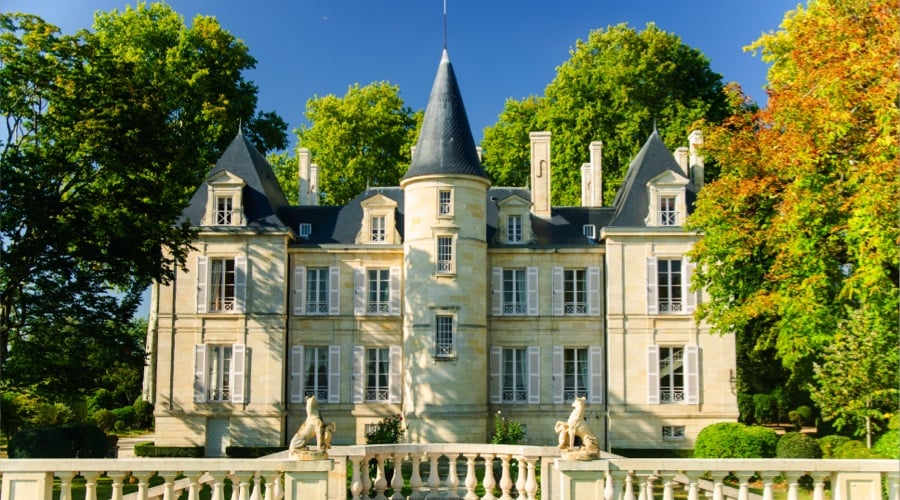
How does the property buying process differ in France?
If you’ve found a property you want to buy, the first step is to contact the selling agent and make an offer. Note that making an offer considerably under the asking price can cause offence in France, so speak to your agent about whether the offer is viable.
Once your offer is accepted, the next step is to sign the Compromis de Vente. This is signed with a notaire, who is responsible for the legal proceedings of all French property sales. Under French property law, it’s usual for one notaire to represent both the buyer and the seller. At this stage you can raise any conditions to the sale, and these can be inserted into the contract as ‘clauses suspensives’. This will help safeguard you should you need to pull out of the sale later due to an unforeseen issue.
Once signed, you then have a 10-day cooling-off period in which you can withdraw from the sale without penalty, the vendor, however, cannot. After the cooling-off period, the contract is binding for both parties and the deposit is due, usually 10% of asking price. You stand to lose your deposit if you withdraw after this time.
The searches on the property can now begin. In France, there are some compulsory diagnostic surveys which include checks for termites, lead, and asbestos. The notaire is responsible for ensuring that these take place and you do not need to pay separately for them. It’s worth noting that building surveys are not usually carried out in France unless specifically requested.
Whatever your nationality, the inheritance of your property is subject to French law, and you should include this information in your house-buying contract at the time of purchase. It’s prudent to consult a legal representative on this because French inheritance law is extremely complex.
You need to transfer the balance of your payment to the notaire’s account in plenty of time for the final signing date agreed with your vendor. If you miss the completion date, you can lose both the house and your deposit. Your mortgage lender must ensure that the funds for completion hit the notaire’s account ahead of this date.
The Acte de Vente is the final legal step in your French property purchase. The signing in France is held in the notaire’s office, and it’s usual for the buyer to be there in person. Your agent should arrange for you to view the house on the day of signing to give it a final once over, because the final contract contains a clause that the property is ‘sold as seen on signing date.’
How can I ensure my transaction is processed seamlessly?
No matter where you’re buying property, it’s always a good idea to do your homework. The best way to ensure a smooth property transaction, is to thoroughly research your agent, the property, and the market.
Common things to look out for include outdated diagnostic reports for properties, fake property investment seminars and sellers with no legal rights to sell the property (i.e. passing the property off as their own). Always visit the property yourself, meet the seller or agent in person, and ensure you have the legal paperwork in order before handing over any funds. If you plan to renovate, make sure you know what’s required as French regulations may differ from those in your home country.
There are several taxes you’ll be liable for when buying a property in France, including the notaire’s fee, IVA, stamp duty and property security, as well as two key property taxes: Taxe d’Habitation (local tax) and Taxe Foncière (land tax). Property taxation in France can be very complex, and it’s wise to seek the advice of a specialist.
Note, if you’re a resident outside of the EU, you’ll now need to make sure you have a long-stay visa if you plan to stay in France for more than 90 days at a time.
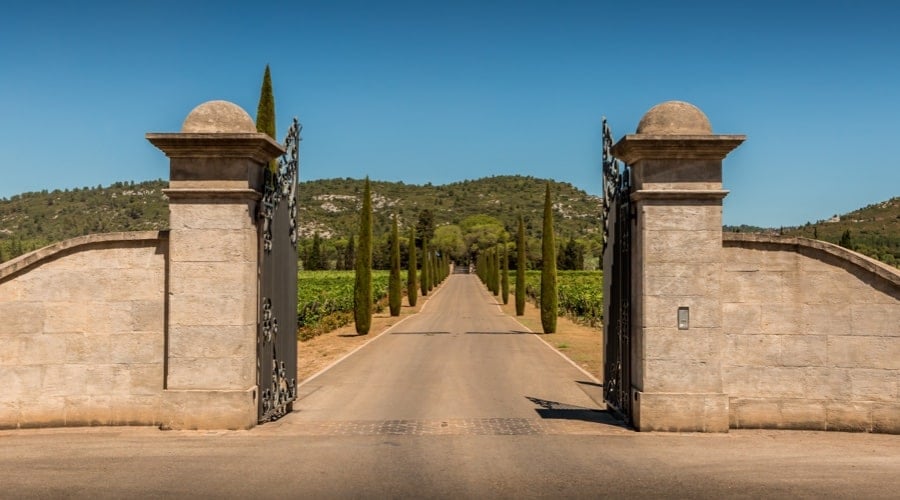
What about financing a high-value property transaction in France?
You may be surprised to learn that French lenders won’t necessarily pay a huge amount of attention to your credit rating in your home country. There isn’t an equivalent credit scoring system in France, so it’s not the most important criteria for underwriters there. They’ll be much more interested in the stability of your income, financial behaviours, and overall liquidity, and will ask for extensive paperwork including bank statements, pay slips and tax returns.
This makes things a little trickier if your income is structured in an unusual way. International lenders tend to be more flexible, usually considering your global situation and overall assets, and not just mainstream income. As a result, you may find that these lenders offer more competitive deals.
For these reasons often a broker is the right partner to help you access a full range of international lenders who can tailor a bespoke mortgage for your specific or unique circumstances, ensuring your complete portfolio of worldwide assets are used to get you the best arrangement. Additionally, they can help ensure that the structuring of your French mortgage as a non-resident is both tax-efficient and cost-effective.
If you’re moving to France for good, you’ll also need a lender who can take into account the specific needs and circumstances of expatriates. Once again, it’s important to note a broker will help you find lenders who understand the unique financial situations of individuals living outside their home country, considering factors such as income earned in a foreign currency, residency status, and credit history. Pursuing this route individually can often be fruitless as the market can be difficult and time-consuming to navigate.
Buying property in France; is it a long-term investment?
France is known for its stable investment environment. Capital appreciation typically ranges between 5% and 10% and the average rental yield in France is approximately 4.56%. However, it’s essential to note that there are significant disparities across the cities and regions. For instance, in Paris, rental yield can be as little as 3.66%, but in Roubaix, the average gross rental yield exceeds 10%.
French property has historically shown a tendency for long-term value appreciation. While short-term fluctuations inevitably occur, the overall trend in France has been one of steady and consistent growth in property values.
The French property market is highly regulated, which provides confidence for foreign buyers. There are no legal restrictions based on nationality when purchasing property in France, which makes it an attractive proposition for foreign investors. A French property is an asset that can be leveraged as an opportunity for equity later in retirement, too. Equity release is a good option if you want to feel the benefit of your assets before you pass, or simply access cash to help children or loved ones today rather than leaving them the property which will be subject to inheritance tax. In France, an equity release loan (Prêt Viager Hypothécaire) is a loan secured by a mortgage against your home and capital and interest is only repayable from your estate after you die. Other forms of equity release loan exist in France but involve repayment within a set timeframe.
In the short term a property in France provides an idyllic escape for you and your family, offering something for everyone, but it can also be a very lucrative investment for the future. At Enness Global we’re specialists in helping individuals buy high-value property overseas, for further information please get in touch.
The views and opinions expressed in this piece are those of the author and do not constitute advice or a recommendation. They do not necessarily reflect the official policy or position of Enness and are not intended to indicate any market or industry viewpoints, or those of other industry professionals
